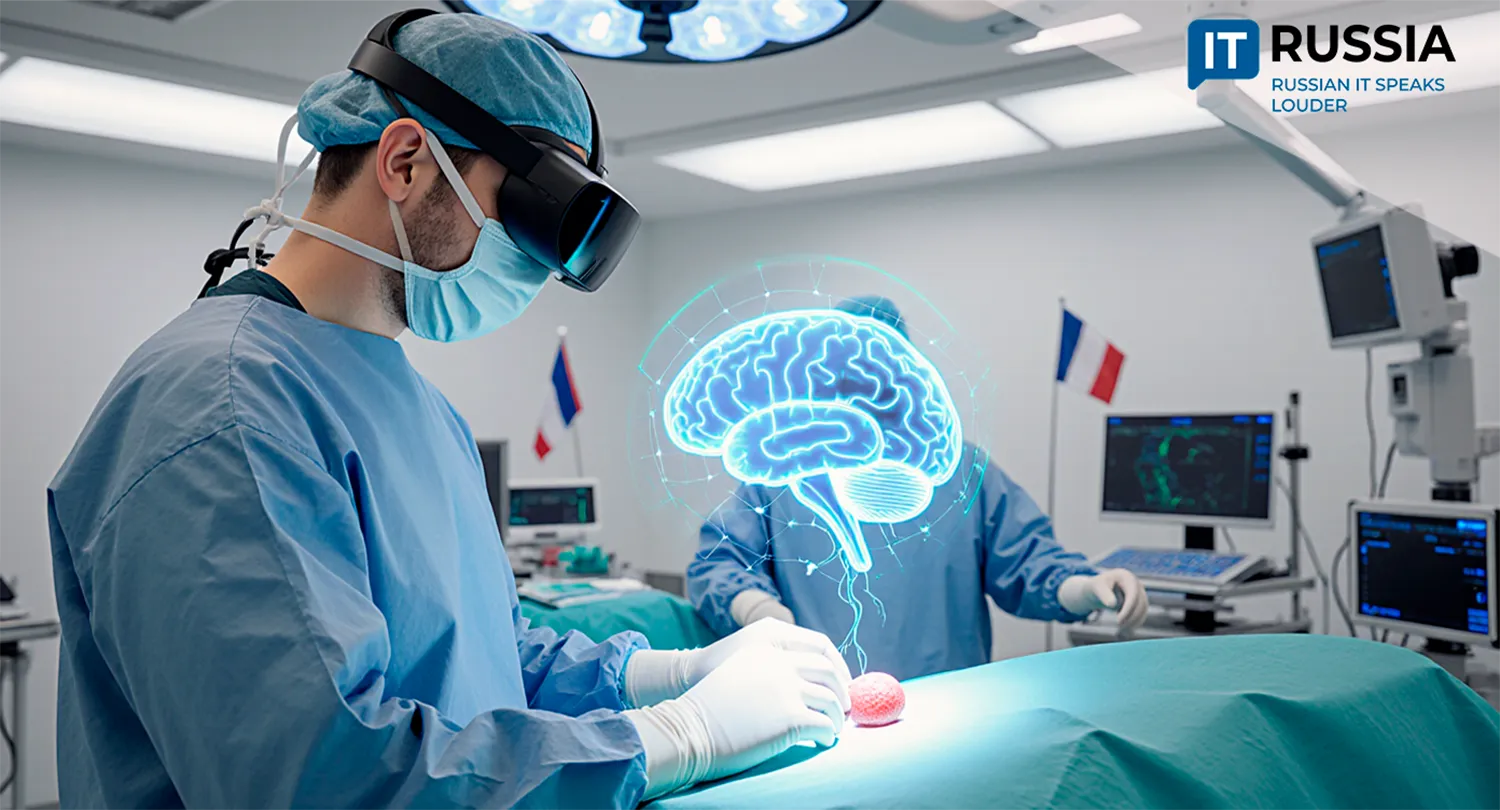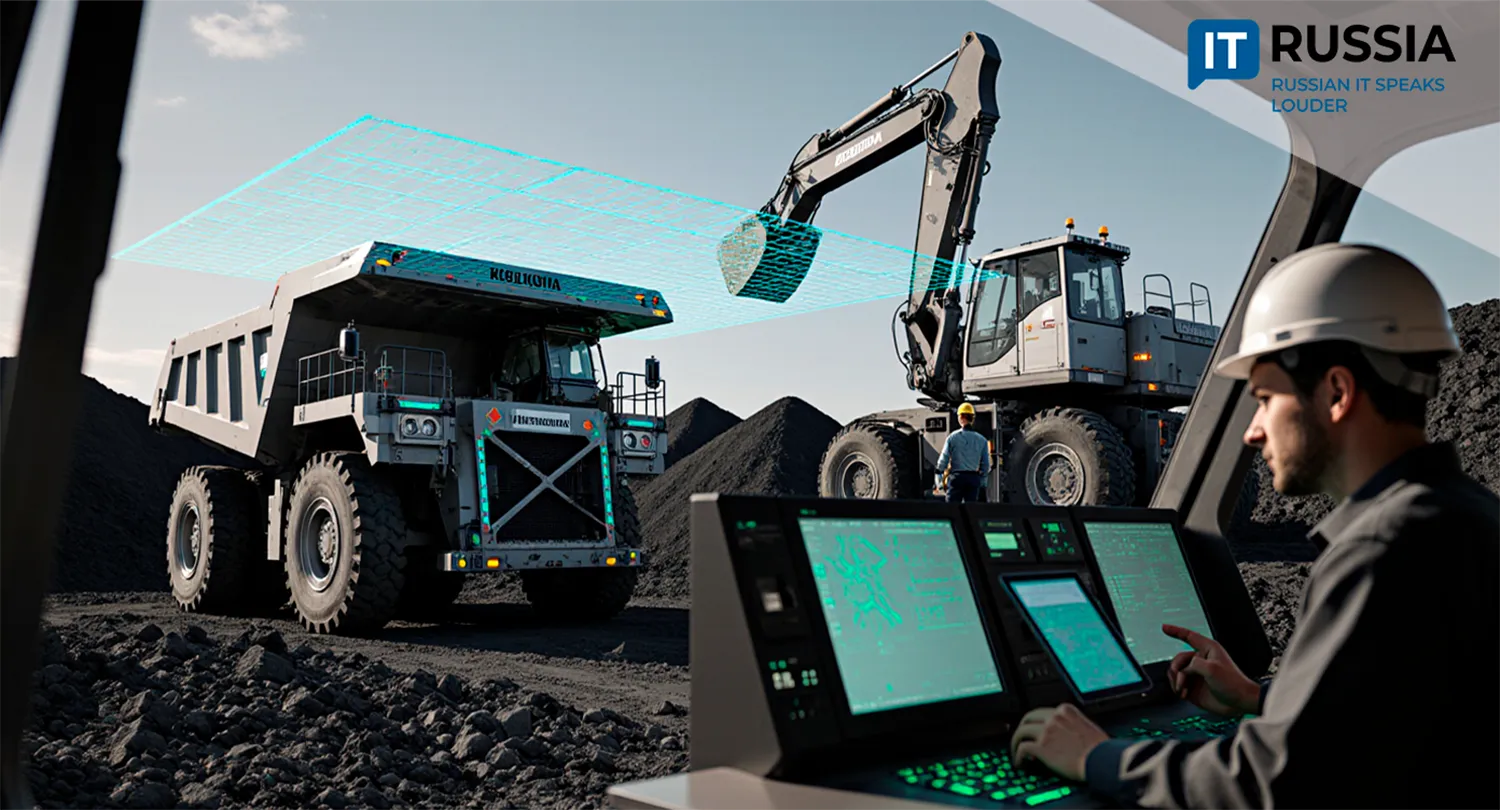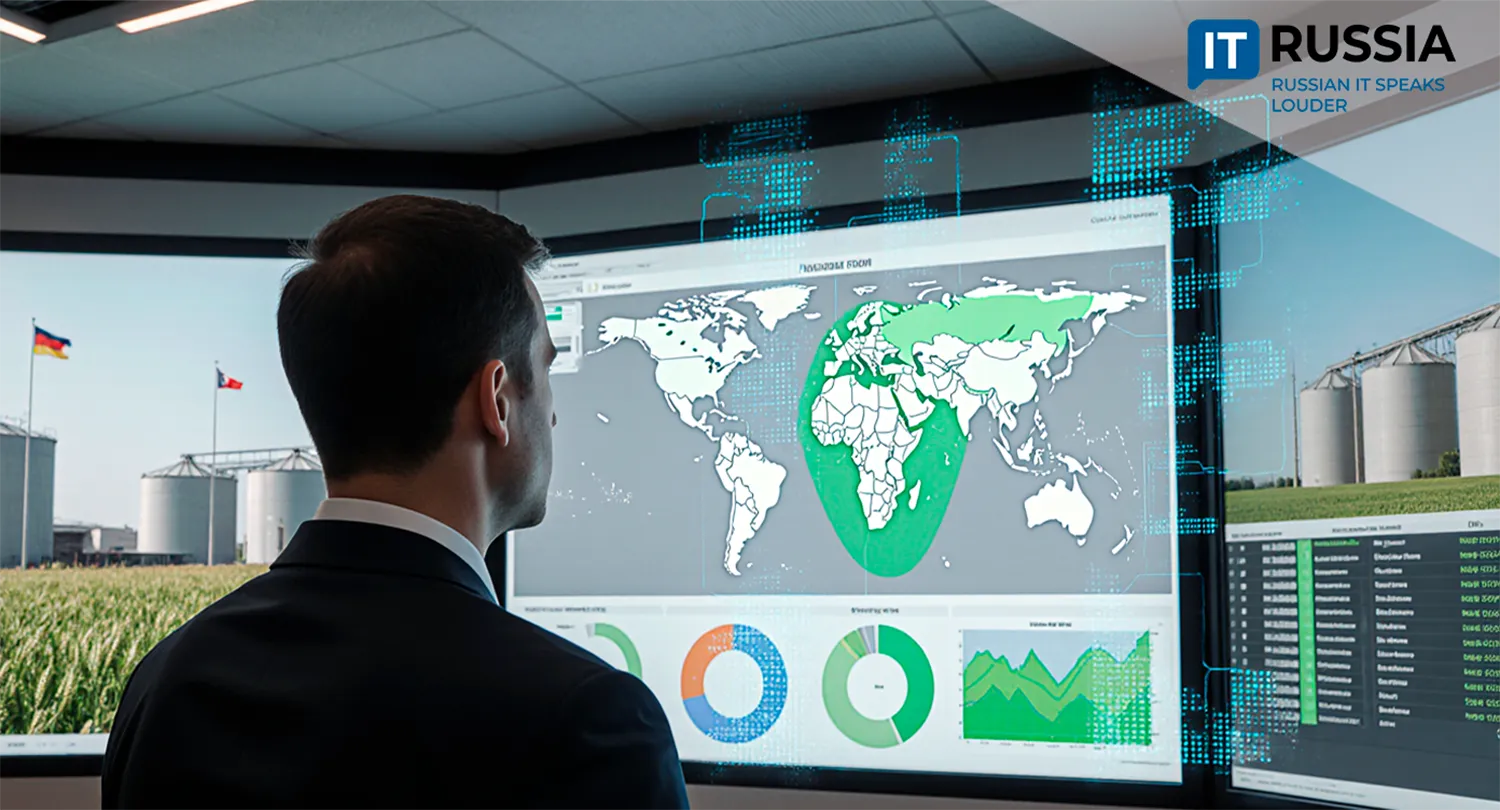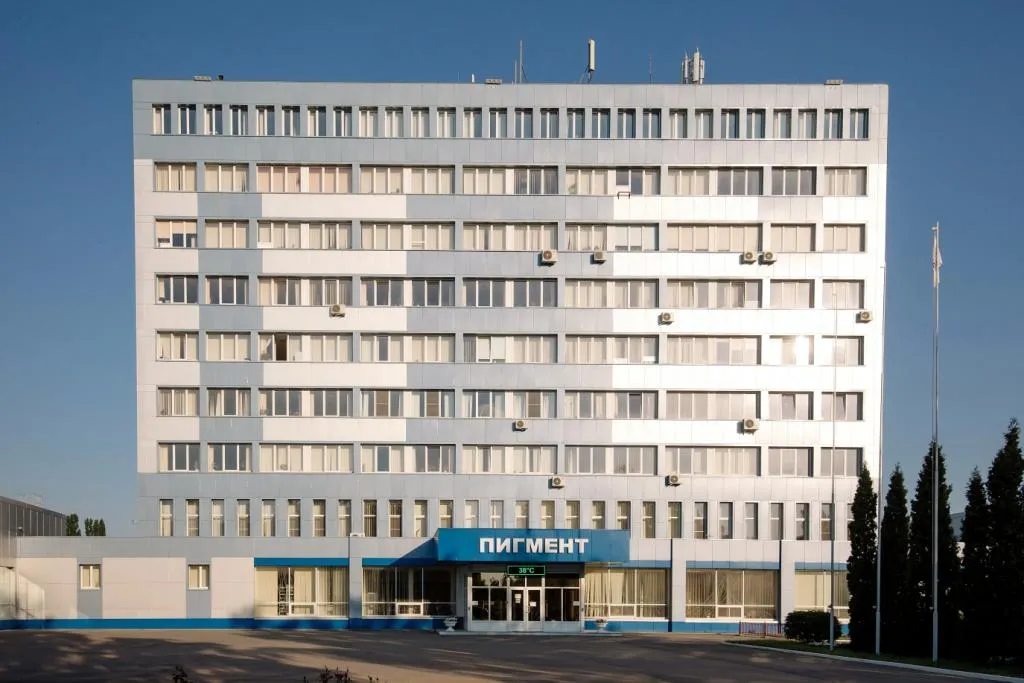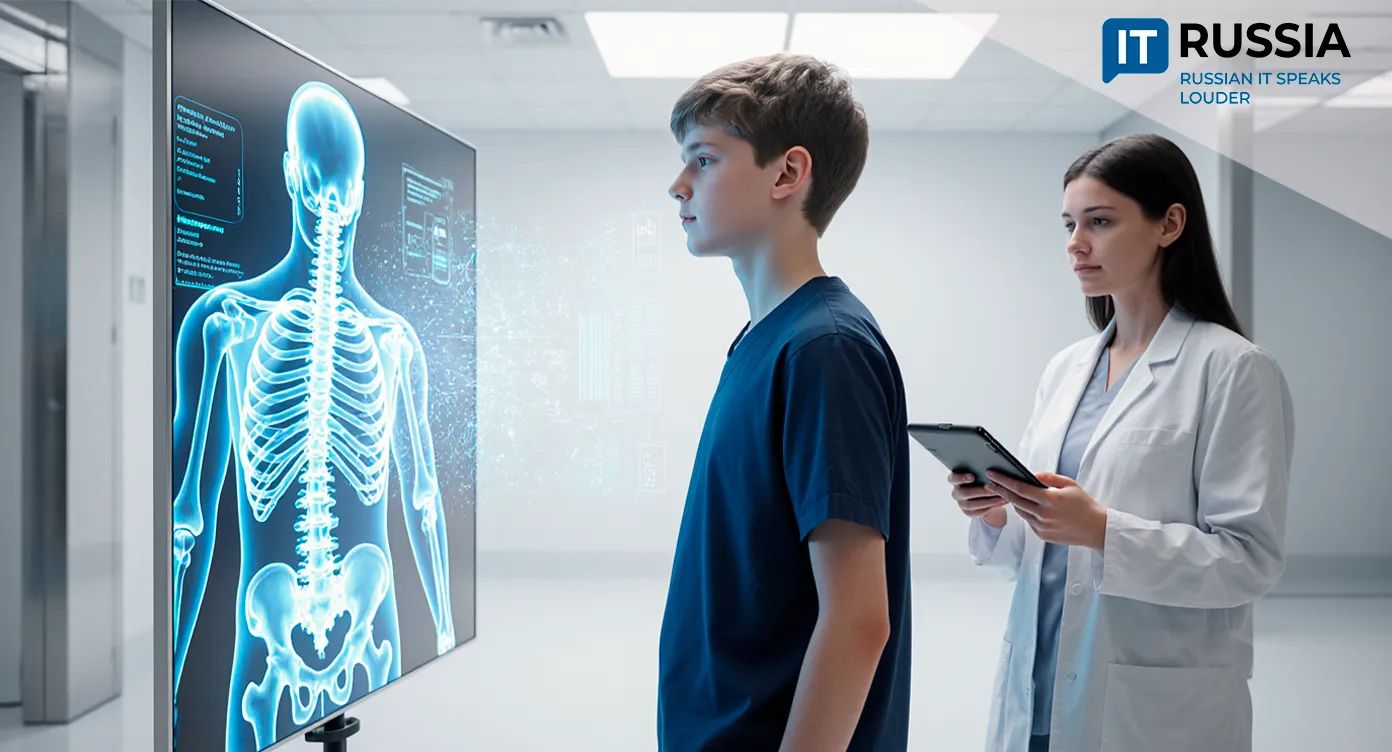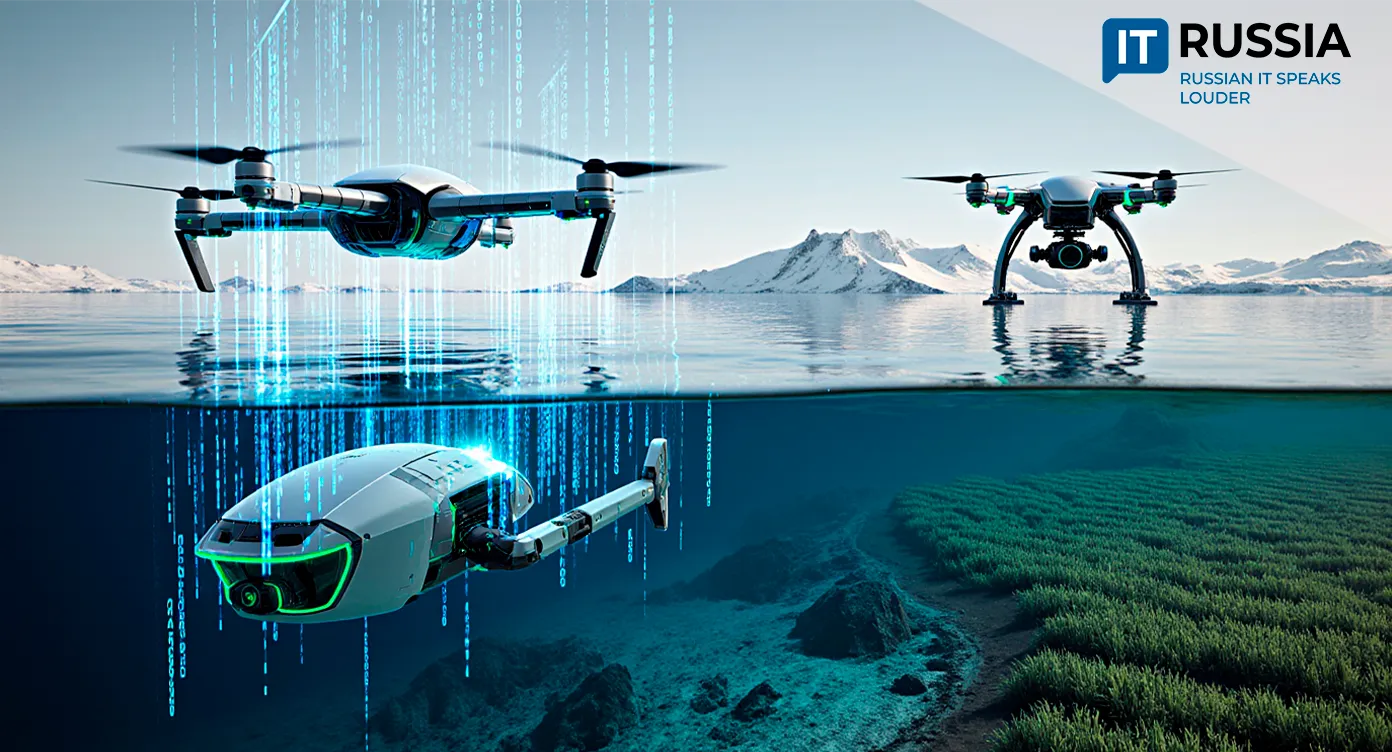Russia Launches New Service to Locate Missing People
Mobile operator MTS and the LizaAlert volunteer rescue team have launched a digital service that shares geolocation data within minutes, dramatically accelerating the search for missing people.
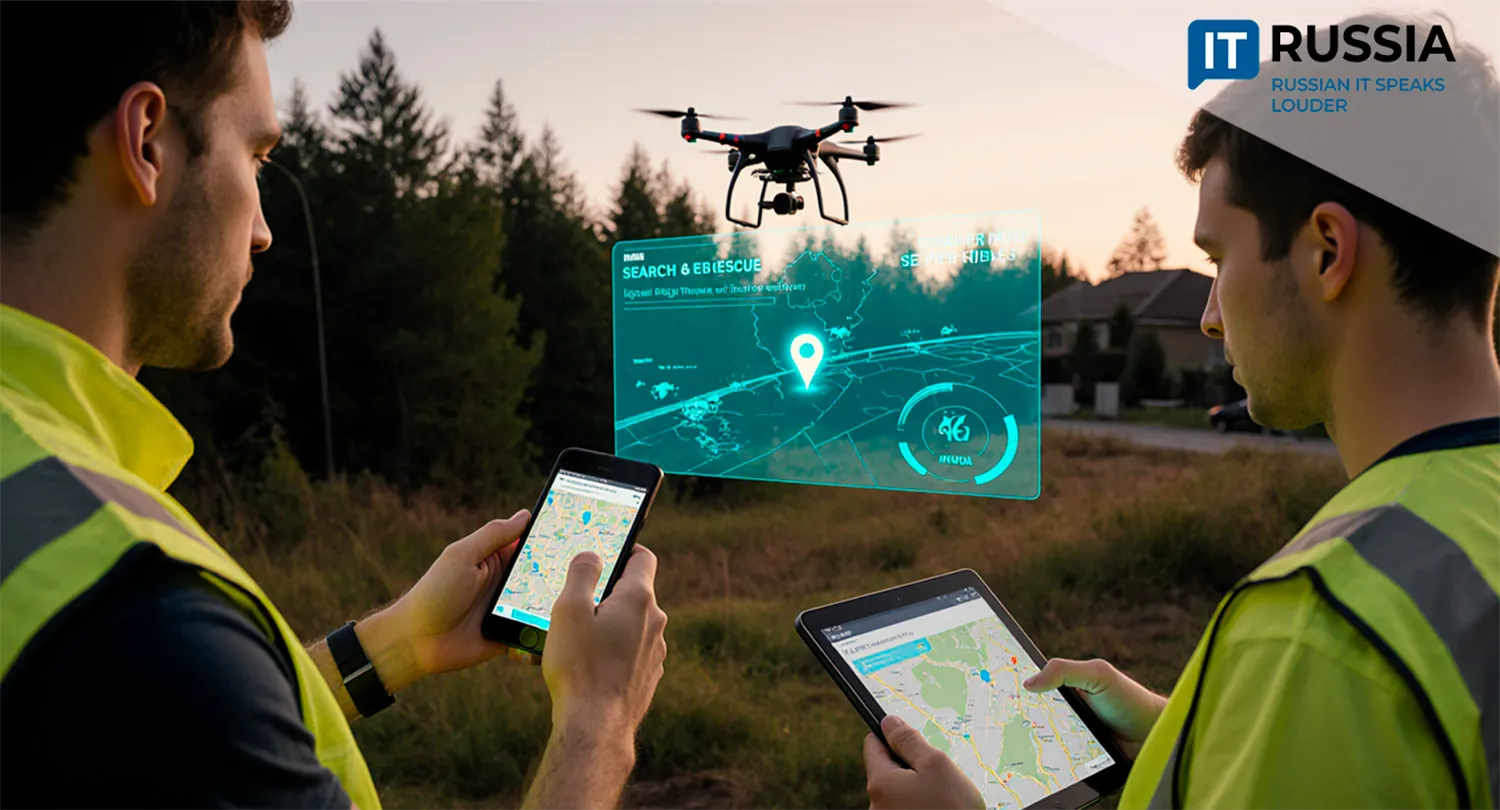
When Every Minute Counts
No one is immune from a situation where a loved one goes missing. It is especially frightening when this happens to children or elderly relatives, who are less able to care for themselves. Every minute lost can make the difference between rescue and tragedy. That is why Russia has launched a new digital service designed to significantly speed up search efforts.
The initiative was created as a partnership between MTS and the LizaAlert search-and-rescue team. Subscribers can now activate the free 'MTS.GeoSearch' service, which pinpoints a person’s location if they go missing. It is the first service of its kind in Russia, capable of delivering geolocation data on missing individuals in just a few minutes.
The service can be activated in the 'My MTS' app under the 'Defender' or 'Family Group' sections. Users must consent to share their location and battery level data with LizaAlert in the event of an emergency.
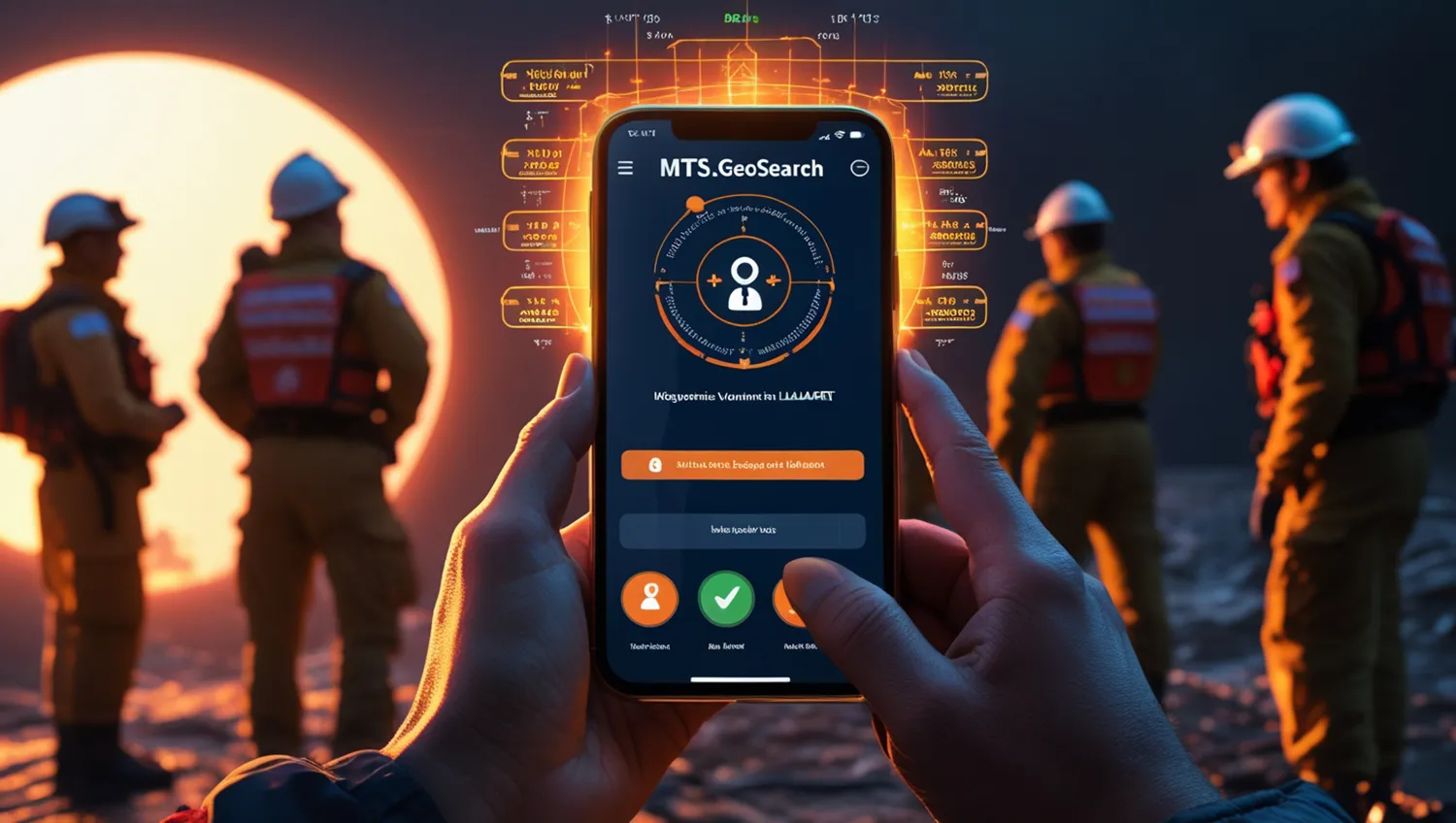
Fast and Secure
As soon as a request is received from LizaAlert, geolocation data is automatically transmitted via a specially encrypted channel designed to protect sensitive information. This ensures that no unauthorized party can interfere.
The missing person’s location is determined using multiple sources: GPS, Wi-Fi, and the nearest active cell tower. All geodata is transmitted within minutes. Accuracy ranges from 50 to 150 meters depending on terrain and urban density.
“At LizaAlert, we closely follow technology trends, set tasks, test smart solutions, and use every available tool allowed in our country. All of this makes searches faster and more effective. For years, we tried to gain access to geolocation data for people in distress through changes in legislation but failed. We are glad that socially responsible businesses stepped in and created a tool that provides instant geodata without lengthy bureaucratic procedures—increasing people’s chances of being rescued,” said Grigory Sergeev, Chairman of LizaAlert.
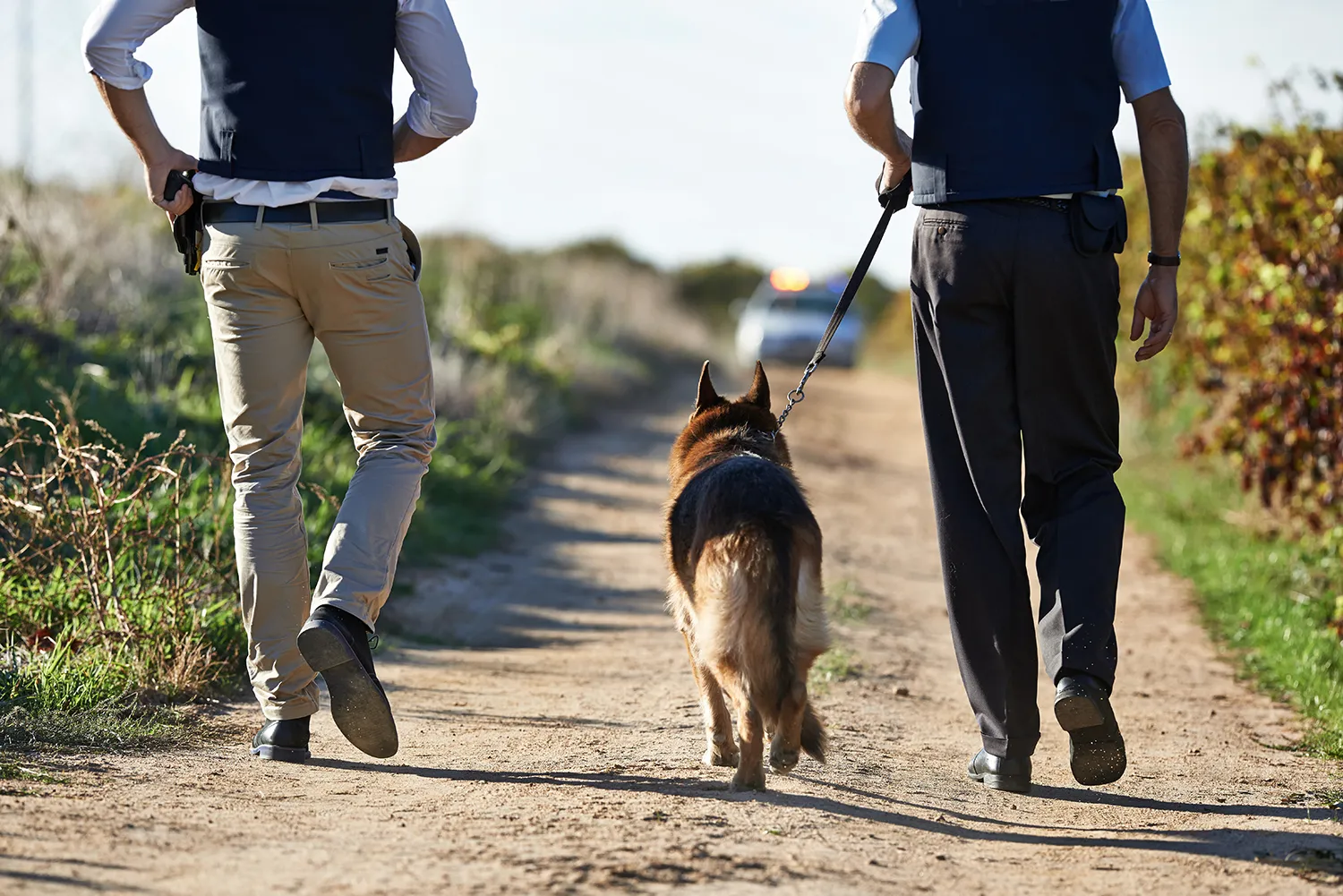
MTS representatives added that they plan to expand cooperation with search services by introducing features such as automatic family alerts, integration with emergency calls, and connections with other technical platforms.
Drones and Neural Networks
If the joint initiative of MTS and LizaAlert proves effective, the model could be expanded to other telecom operators, multiplying its impact.
The partnership between mobile operators and LizaAlert has a long history. For example, Beeline provides drones for use in remote areas. The drones capture images, which are analyzed by the Beeline AI system to match clothing and belongings with missing persons’ photos.
Since 2019, Russia has also had the MegaFon.Search system, developed with insights from the U.S. AMBER Alert program. The algorithm processes vast amounts of information and identifies people who may have been near the missing individual.
Looking Ahead
For now, partnerships between telecom operators and search services focus mainly on Russia. But such approaches could be in demand internationally, with Russian experts sharing their experience abroad.
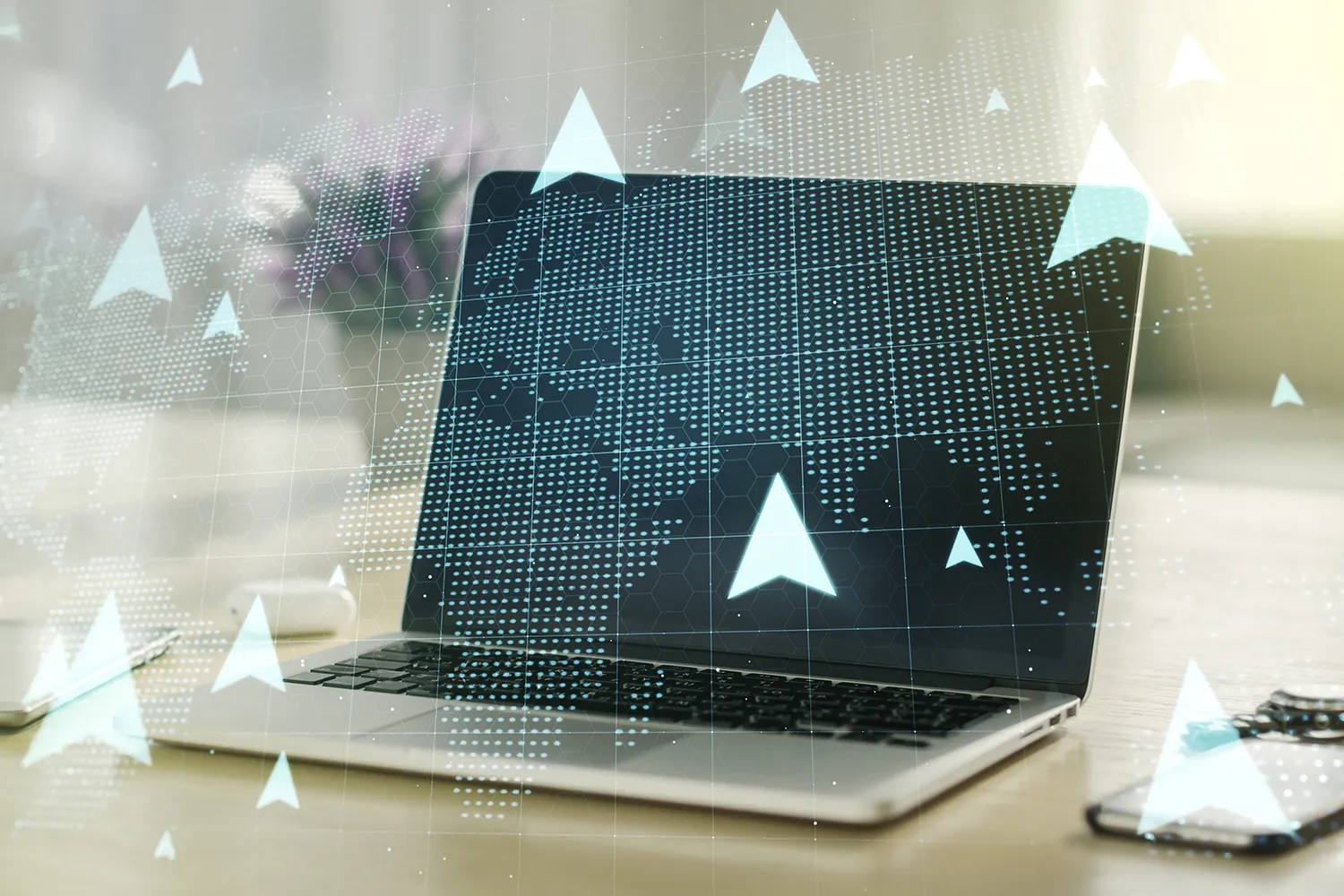
The creation of the 'MTS.GeoSearch' service is expected to substantially improve the effectiveness of searches. In the long term, it will be essential for other telecom providers to introduce similar tools, removing barriers and speeding up rescues.



